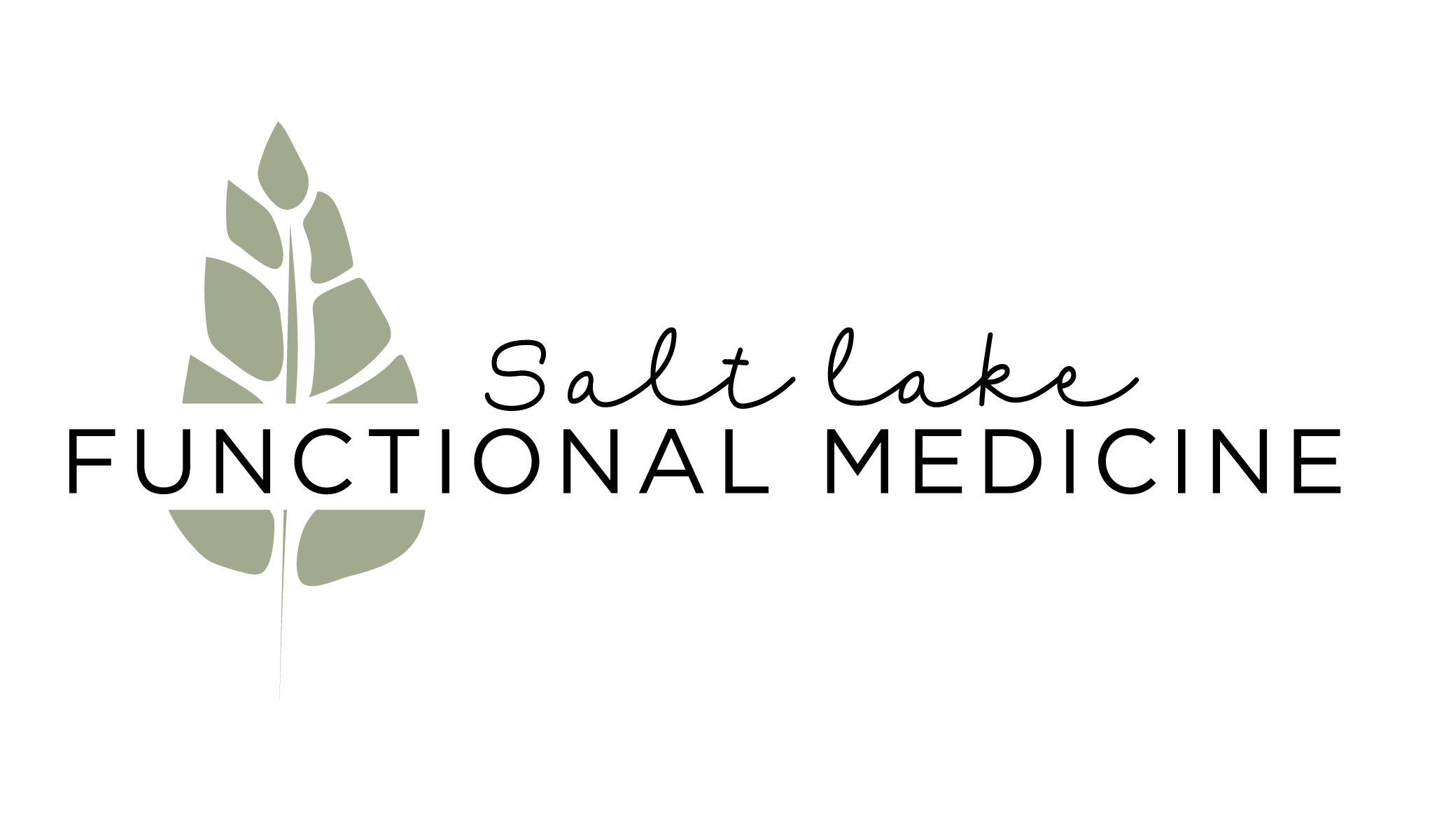Non-Alcoholic Fatty Liver Disease (NAFLD):
A Functional Medicine Approach
Non-alcoholic fatty liver disease (NAFLD) is a condition characterized by the accumulation of excess fat in the liver, not caused by excessive alcohol consumption. It’s becoming increasingly common, often linked to obesity, insulin resistance, and metabolic syndrome. At Salt Lake Functional Medicine, Dr. Tiffani Fries offers a functional medicine approach to address NAFLD, improve liver health, and support your overall well-being.
Understanding NAFLD
NAFLD encompasses a spectrum of liver conditions, ranging from simple fatty liver (steatosis) to non-alcoholic steatohepatitis (NASH), which involves inflammation and liver cell damage. NASH can progress to more serious conditions like fibrosis, cirrhosis, and liver cancer.
Common Risk Factors for NAFLD:
Obesity:
Excess body fat, especially around the abdomen, is strongly linked to NAFLD.
Insulin Resistance:
Impaired insulin sensitivity, often associated with prediabetes and type 2 diabetes.
Metabolic Syndrome:
A cluster of conditions including high blood pressure, high blood sugar, excess abdominal fat, and abnormal cholesterol levels.
High Triglycerides:
Elevated levels of triglycerides in the blood.
Unhealthy Diet:
A diet high in processed foods, sugar, and unhealthy fats.
Rapid Weight Loss:
Paradoxically, rapid weight loss can also contribute to NAFLD.
Certain Medications:
Some medications can increase the risk of NAFLD.
Symptoms of NAFLD:
NAFLD is often asymptomatic in its early stages. However, as it progresses, some individuals may experience:
- Fatigue
- Pain or discomfort in the upper right abdomen
- Enlarged liver (detected on physical exam or imaging)
The Salt Lake Functional Medicine Approach to NAFLD
Dr. Fries, DC takes a comprehensive approach to managing NAFLD, focusing on identifying and addressing the underlying factors that contribute to fat accumulation in the liver. This may involve:
Detailed Assessment:
A thorough evaluation of your health history, symptoms, diet, and lifestyle.
Advanced Testing:
This may include blood tests to assess liver enzymes, insulin resistance, lipid profile, and other relevant markers. Imaging studies like ultrasound or FibroScan may also be used to evaluate the liver.
Personalized Support Plans:
Based on your individual needs and test results, Dr. Fries, DC will develop a tailored plan that may include:
Weight Management:
If overweight or obese, gradual weight loss through a healthy diet and exercise is crucial.
Dietary Modifications:
Implementing a diet that reduces insulin resistance, lowers inflammation, and supports liver health. This typically involves reducing refined carbohydrates, added sugars, and unhealthy fats, while increasing fiber, lean protein, and healthy fats.
Improving Insulin Sensitivity:
Utilizing strategies to improve the body's response to insulin, such as exercise, dietary changes, and targeted supplementation.
Supplementation:
Using specific supplements to support liver function, reduce inflammation, and promote fat metabolism. This may include milk thistle, N-acetylcysteine (NAC), vitamin E, and omega-3 fatty acids.
Addressing Gut Health:
Recognizing the connection between gut health and liver health, strategies may be implemented to improve gut microbiome balance and reduce intestinal permeability.
Reversing Fatty Liver
At Salt Lake Functional Medicine, we believe that NAFLD is often reversible, especially in its early stages. By addressing the root causes and implementing lifestyle changes, we aim to help you improve your liver health, reduce the risk of complications, and enhance your overall well-being.

